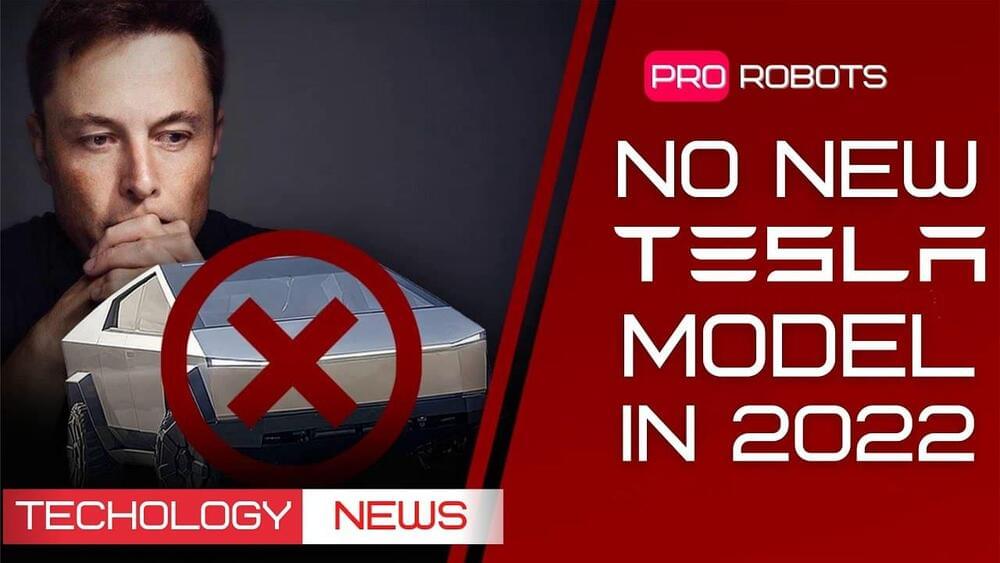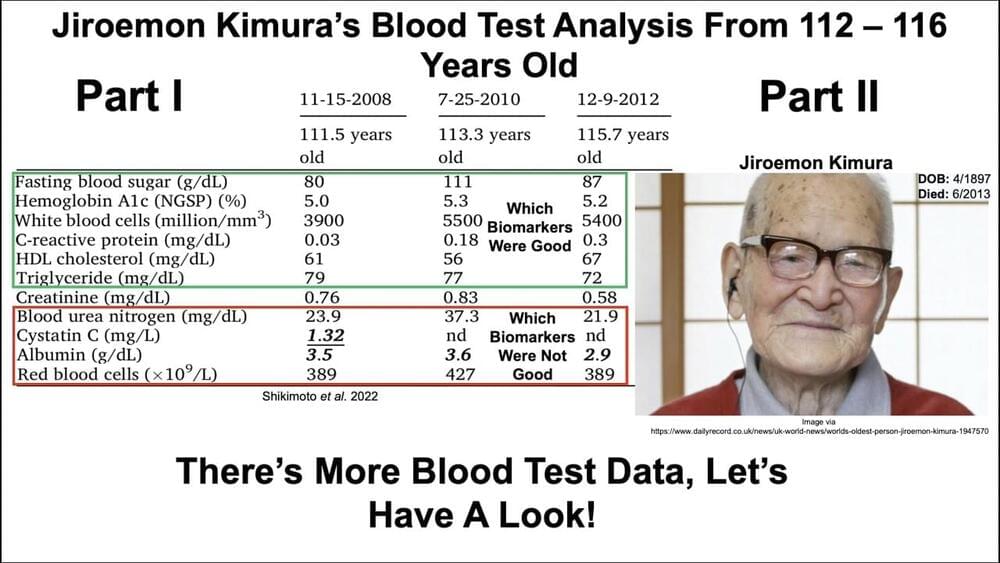👉For business inquiries: [email protected].
✅ Instagram: https://www.instagram.com/pro_robots.
You’re on the PRO Robots channel and in this video we bring you the latest in high-tech news. Jetpack racing, boots for walking through the meta universe, drones for fruit picking, Tesla and Boston Dynamics, new DARPA competitions and other high-tech news in one issue!
0:00 In this video.
0:20 Cargo hybrid drone.
1:02 Tesla News.
1:50 Transportation to explore the moon and Mars.
2:34 Boston Dynamics News.
3:14 Surgery performed by a robot.
4:07 Meta Company.
4:50 Red Bull 2022 Contest.
5:22 Cost effectiveness of robotaxis.
6:15 Drones for inspection.
6:48 DARPA.
7:58 Drone fruit picking.
8:29 Shoes for the metaverse.
9:15 New type of robotic grippers.
9:44 A submarine with 2 arms.
10:20 A drone that launches with a cannon.
10:49 Company Motorica.
#prorobots #robots #robot #futuretechnologies #robotics.
More interesting and useful content:
✅ Elon Musk Innovation https://www.youtube.com/playlist?list=PLcyYMmVvkTuQ-8LO6CwGWbSCpWI2jJqCQ
✅Future Technologies Reviews https://www.youtube.com/playlist?list=PLcyYMmVvkTuTgL98RdT8-z-9a2CGeoBQF
✅ Technology news.
https://www.facebook.com/PRO.Robots.Info.
#prorobots #technology #roboticsnews.









